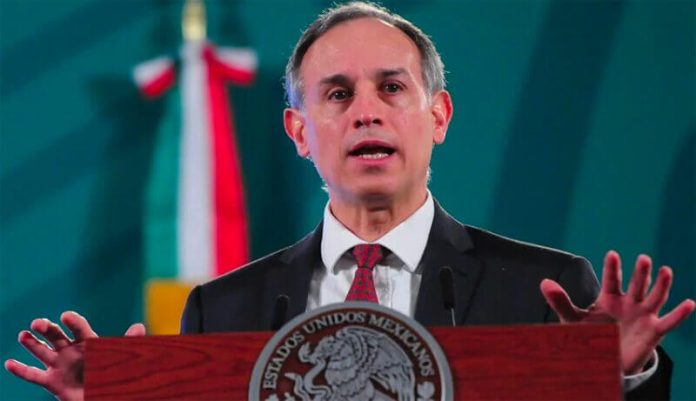Deputy Health Minister Hugo López-Gatell proposed an outright ban on tobacco advertising Wednesday during a Senate forum on smoking addiction.
“Something that hurts us a lot is advertising because it perverts the government’s responsible actions … That is why it is important to completely close the door to advertising, promotion and sponsorship,” he said.
López-Gatell added that guarding against conflicts of interest in political circles was part of the solution. “It is not only undesirable, but also illegal in the strict sense, that the tobacco industry can approach public officials of any of the powers of the union to have a dialogue or proposal, let alone to lobby their products. That lobbying in many cases is surreptitious, hidden and with various intermediaries,” he said.
Separately, he called on senators to reject a bill on the legalization of vapers and electronic cigarettes, and claimed that tobacco companies were deliberately obfuscating the issue. “If we go with this fallacy that the tobacco industry has put to us, that vapers are the alternative solution to the tobacco problem, we will once again be making a mistake because vapers and heated tobacco products are not an alternative to harm reduction,” he said.
“The industry is always a few steps ahead in its capacity to distort. What they want is to gain space and time with the fallacy that [vapers and electronic cigarettes] are products to get out of the tobacco epidemic,” he said.
López-Gatell is deputy minister of prevention and health promotion and has been the government’s point man for the coronavirus pandemic since it began early last year.
Mexico News Daily
